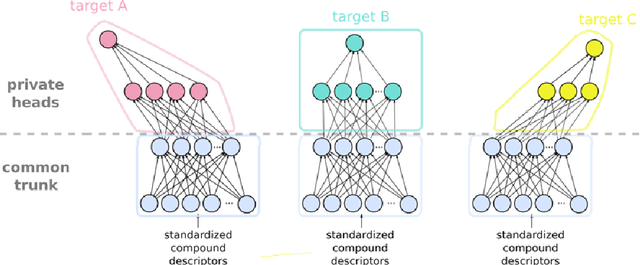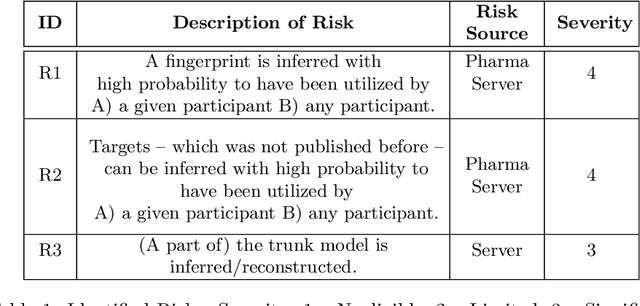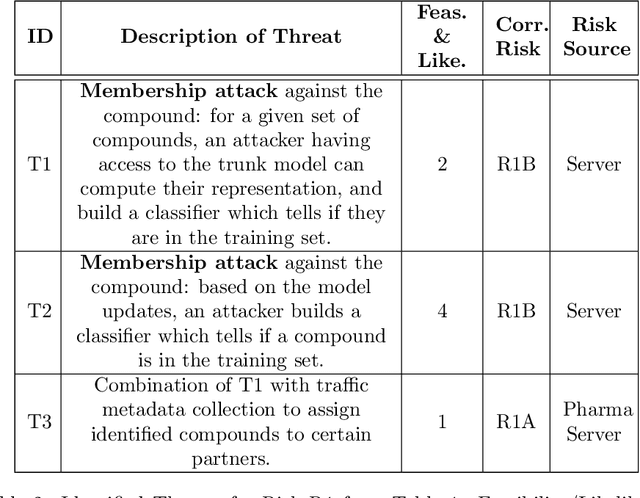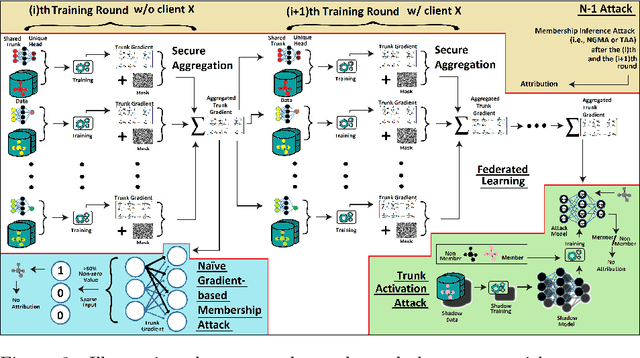Balazs Pejo
SQLi Detection with ML: A data-source perspective
Apr 24, 2023



Abstract:Almost 50 years after the invention of SQL, injection attacks are still top-tier vulnerabilities of today's ICT systems. Consequently, SQLi detection is still an active area of research, where the most recent works incorporate machine learning techniques into the proposed solutions. In this work, we highlight the shortcomings of the previous ML-based results focusing on four aspects: the evaluation methods, the optimization of the model parameters, the distribution of utilized datasets, and the feature selection. Since no single work explored all of these aspects satisfactorily, we fill this gap and provide an in-depth and comprehensive empirical analysis. Moreover, we cross-validate the trained models by using data from other distributions. This aspect of ML models (trained for SQLi detection) was never studied. Yet, the sensitivity of the model's performance to this is crucial for any real-life deployment. Finally, we validate our findings on a real-world industrial SQLi dataset.
Collaborative Drug Discovery: Inference-level Data Protection Perspective
May 13, 2022



Abstract:Pharmaceutical industry can better leverage its data assets to virtualize drug discovery through a collaborative machine learning platform. On the other hand, there are non-negligible risks stemming from the unintended leakage of participants' training data, hence, it is essential for such a platform to be secure and privacy-preserving. This paper describes a privacy risk assessment for collaborative modeling in the preclinical phase of drug discovery to accelerate the selection of promising drug candidates. After a short taxonomy of state-of-the-art inference attacks we adopt and customize several to the underlying scenario. Finally we describe and experiments with a handful of relevant privacy protection techniques to mitigate such attacks.
Property Inference Attacks on Convolutional Neural Networks: Influence and Implications of Target Model's Complexity
Apr 27, 2021



Abstract:Machine learning models' goal is to make correct predictions for specific tasks by learning important properties and patterns from data. By doing so, there is a chance that the model learns properties that are unrelated to its primary task. Property Inference Attacks exploit this and aim to infer from a given model (\ie the target model) properties about the training dataset seemingly unrelated to the model's primary goal. If the training data is sensitive, such an attack could lead to privacy leakage. This paper investigates the influence of the target model's complexity on the accuracy of this type of attack, focusing on convolutional neural network classifiers. We perform attacks on models that are trained on facial images to predict whether someone's mouth is open. Our attacks' goal is to infer whether the training dataset is balanced gender-wise. Our findings reveal that the risk of a privacy breach is present independently of the target model's complexity: for all studied architectures, the attack's accuracy is clearly over the baseline. We discuss the implication of the property inference on personal data in the light of Data Protection Regulations and Guidelines.
 Add to Chrome
Add to Chrome Add to Firefox
Add to Firefox Add to Edge
Add to Edge